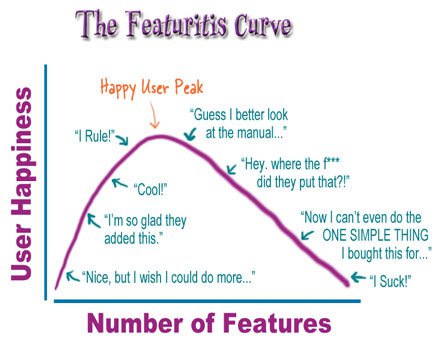I’ve been a vocal critic of Android for years. Compared to the glorious polish, consistency, and coherence of Apple’s iOS, Google’s sprawling, inconsistent, and incomplete operating system always felt less. Yes, occasional rays of brilliance, but a sum less of its parts. And to many – although now fewer – extents, I think that’s still true.
But. I’ve come to realize the appeal that lies in figuring out and taming all that sprawl. It invites spelunking in ways that remind me of an earlier age of computing. Hacking consoles, tailoring icon sets, and finding backdoors and alleyways.
It’s a tinkerer’s joy. It’s riddles and puzzles. It’s computing not for the sake of productivity, but as a hobby in its own purpose. It’s the pleasure of making something your own, something unique. A pleasure in part and exactly because it’s not for everyone.
What really got me lured down this path wasn’t just Android in general, though. It was the Moto X in particular. I love this phone. It doesn’t do any specific technical discipline particularly well: The screen is below par (white balance is way too warm), the camera is distinctly mediocre, the battery is so-so. Processor and speed is fine, but nothing wow.
Yet it just feels right in the hand. The last time I recall this feeling was another Motorola phone, the PEBL, back in 2005. It too was nothing special as a technical exercise, but it also just felt great, like the Moto X. Particularly with the wonderful wood back. The 5.2” is perfect. The screen-to-bezel ratio is excellent.
So I keep reaching for the Moto X. Phones have gotten so good that as long as you’re not dependent on things where big leaps are still being made (like the camera), yesteryear’s tech can play second-fiddle to the personal attachment and emotion of the device. That’s a wonderful sign of progress and invitation to diversity.
Anyway, the appeal of the Moto X has sucked me deeper into that sprawling Android land. No, I haven’t given up on iOS. I need to double-carry anyway to deal with two sim cards. But I really appreciate Android culture as distinctly different. Worse in so many obvious ways, and probably for most people, but also alluring and appealing in many other subtle ways.
Some times worse and flawed are just different angles of affection.

